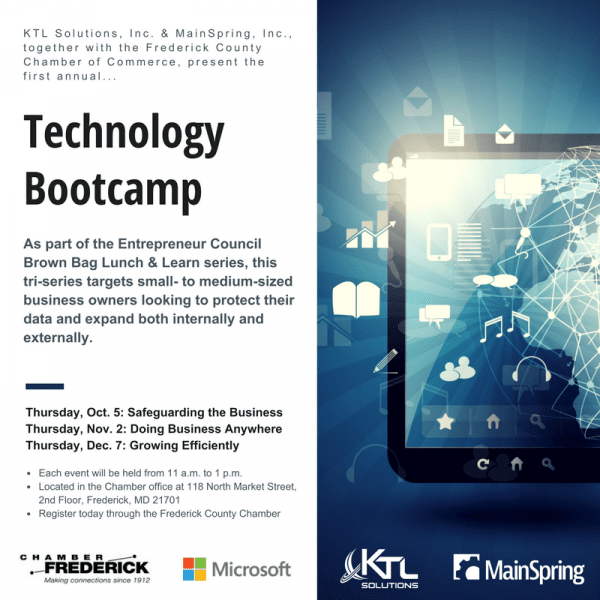By now, it’s highly unlikely that you haven’t heard about the overwhelming Equifax security breach that was announced last week. But, if you haven’t, check out this video from Rick Smith, CEO of Equifax, for clarity.
At this point, sources say that around 143 million Americans could be affected by the breach, which occurred between mid-May and July of this year. However, Bloomberg reports that this breach could “overshadow any other breach” simply because of the type of data that was stolen, including people’s names, addresses, birth dates, social security numbers and even some driver’s license numbers. Yikes!
What you need to do right now
…One hundred and forty-three million people. That’s half of America—like, one in every two people! So, the question quickly becomes, how do I find out if I’ve been affected?
According to the Federal Trade Commission (FTC), here’s a quick list of steps to take following this massive breach:
- Check your credit. Any activity that looks suspicious could mean your identity has been stolen. The FTC recommends visiting their IdentityTheft.gov site to get started with a recovery plan.
- Decide if you should put a freeze on your credit. A credit freeze can’t protect your current open accounts, but it can make it harder for anyone to open a line of credit under your name.
- Consider placing a fraud alert on your files. This will also warn creditors that your identity may have been stolen, and will prompt them to verify anyone looking to open a line of credit in your name.
(For more tips on what to do, visit the FTC’s website).
What you should know moving forward
Want to know what’s the worst part about this breach? Brace yourself—it. could. have. been. prevented.
Yep—that’s right; according to USA Today, cybersecurity professionals had “discovered, created a fix for, and told the industry about the vulnerability that allowed attackers into the Equifax network two months before the company was hit by the hackers” (first reported here).
So now, the question becomes, why weren’t the necessary precautions taken to prevent this?
Unfortunately, this question is a bit harder to answer. Perhaps it’s due to a lack of funds? Or maybe the “well, it can’t happen to me” mentality is to blame? Nevertheless, despite a clear rise in the number of breaches over the years, many businesses still aren’t doing what they need to do to improve their cybersecurity posture and protect themselves from hackers.
Well, enough is enough—it’s time to put away the excuses and get educated about cybersecurity.
What you can do to improve your cybersecurity posture
First things first, it’s time to start asking the hard questions…
- Is my organization ready for disaster?
- Are my devices secure and my data protected?
- What security regulations does my organization have in place?
If you’re unsure about any of these questions, then there’s no time like the present to start educating yourself and your organization on the importance of cybersecurity. With National Cybersecurity month coming up in October, there will certainly be no shortage of in-person educational events and online resources.

Free Safeguarding the Business lunch & learn
If you’re looking for a place to start, sign up today for MainSpring’s Technology Bootcamp: Safeguarding the Business lunch & learn on Thursday, October 5 from 11 a.m. to 1 p.m. Hear the latest tips from our cyber gurus, network with cyber professionals in the Frederick area and have lunch on us.
Registration is free, and the event is part of the Frederick County Chamber’s Entrepreneur Council Brown Bag Lunch & Learn series. Be sure to sign up today, as spots are limited!

